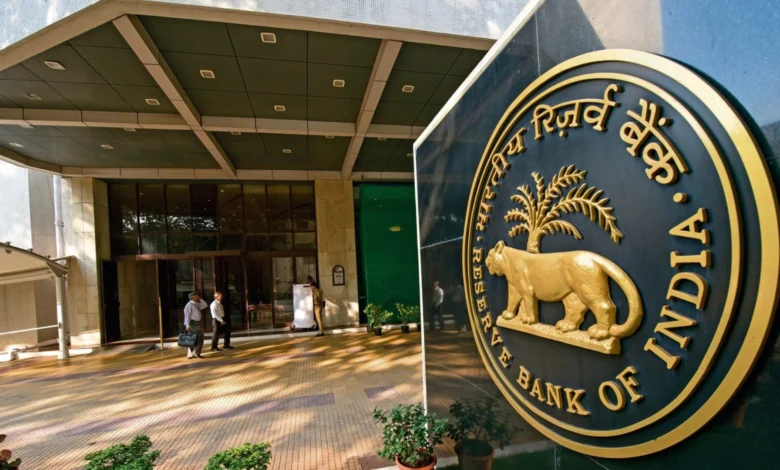RBI issued show cause notice to Citi Bank

The Reserve Bank of India (RBI) has recently imposed a monetary penalty of ₹3,20,000 (Rupees Three Lakhs Twenty Thousand only) on Citibank N.A. This penalty was imposed under the powers granted to the RBI by Section 11(3) of the Foreign Exchange Management Act (FEMA), 1999.
But what does this really mean, and why was Citibank penalized? Let’s understand.
The Reason Behind the Penalty
Citibank was found to have failed in conducting proper due diligence while handling certain foreign transactions. Specifically, the bank was processing inward remittances — money being sent into India — from a Foreign Currency Account opened by one of its customers.
Banks are required to carefully verify and check all details when dealing with foreign exchange transactions. This process is called due diligence, and it helps prevent illegal activities like money laundering or misuse of foreign funds.
However, Citibank did not follow the proper verification process. As a result, this was seen as a violation of Section 10(4) of FEMA, 1999, which outlines the responsibilities of authorized banks in foreign exchange matters.
How RBI Took Action
The RBI first issued a Show Cause Notice to Citibank. This is an official notice asking the bank to explain why action should not be taken against it for the failure.
In response, Citibank:
- Submitted a written explanation, and
- Made oral submissions to present its side of the story.
After reviewing all the facts and the bank’s response, the RBI found that the violations were valid and serious enough to warrant a penalty.
Important Clarification by RBI
The RBI has clearly stated that this action is not meant to question the validity of any specific transaction or agreement that Citibank might have entered into with its customers. In other words, the penalty is strictly related to the bank’s failure to follow proper procedures, not about the individual transactions themselves.
Why This Matters
This case highlights the importance of strict compliance with foreign exchange regulations. Banks in India are expected to act responsibly, especially when dealing with international money transfers. Failure to do so can lead to regulatory action, as seen in this case with Citibank.
Such actions also serve as a reminder to all banks to strengthen their internal checks and ensure they fully follow the law.
